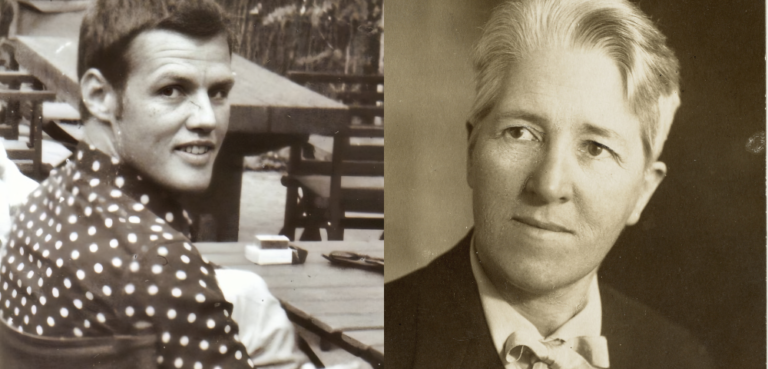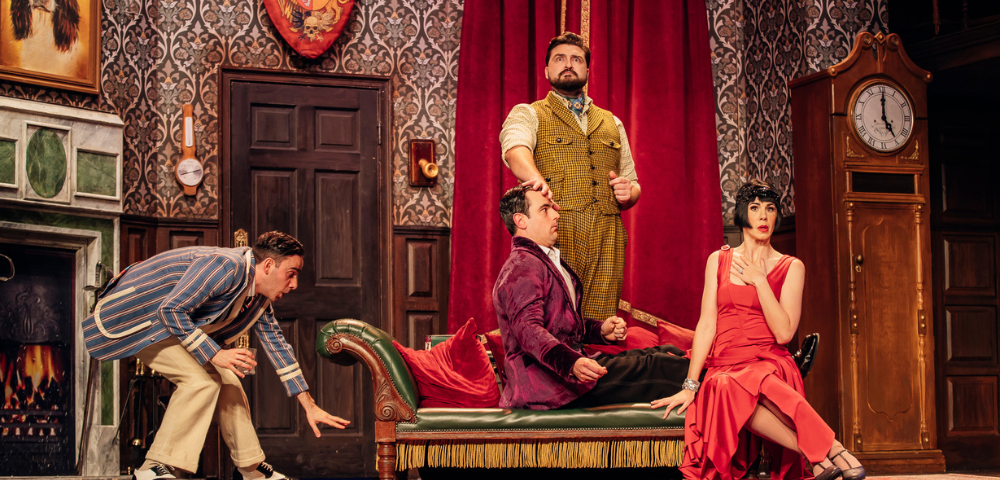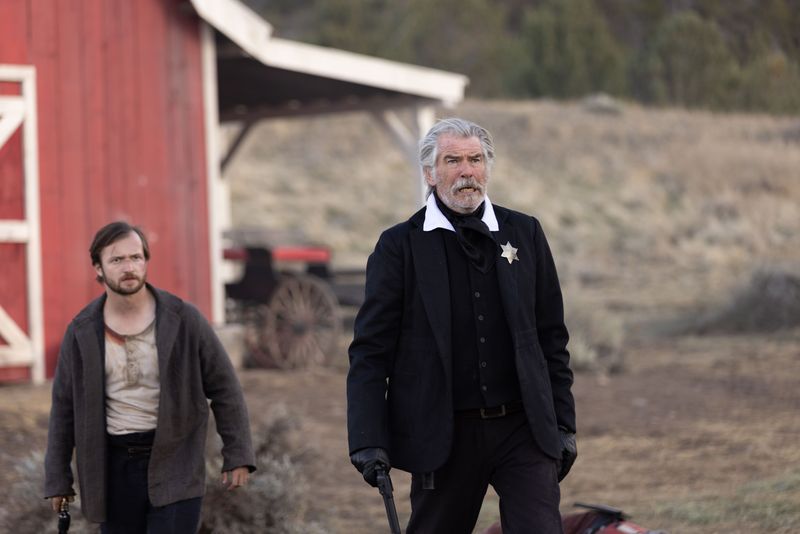
Suffragette
It’s hard to watch Suffragette without being more preoccupied with the surrounding problems and politics rather than the merit of the filmmaking and performance.
Swaddled in the same gloomy colour scheme that tints all English period dramas surrounding oppressed people working in pre-OHS factories, Suffragette is a slow paced dramatic romp through a particularly crappy time to be a poor person in Britain––especially a woman.
Maud was an interesting choice for a protagonist, Cary Mulligan is down to earth in the portrayal of her journey from a passive victim of circumstance to being an active member of the suffragette movement, making great sacrifices and scalding a chauvinistic molester boss with a hot iron along the way.
Anne-Marie Duff as fellow laundry worker Violet feels like a genuine tough-as-nails working class woman, and Helena Bonham Carter is at her clever and edgy best as pharmacist and undercover bomb maker Edith.
Seeking to tell the story of working class foot soldiers of the early feminist movement, Suffragette does highlight a time when women’s activism was driven to take up actions that would now be considered terrorism––firebombing letterboxes and blowing up stately homes.
What it fails to acknowledge however any intersectionality, while the film focuses on one particular group of early suffragettes (a combination of fictional and non-fictional) it appears to white wash even the periphery characters, in contrast to East London’s status as a hot bed for migrant and ethnic communities during the early 19th Century.
For its shortcomings and unfortunate PR choices, Suffragette demonstrates an often glanced over time period of great action and rebellion in the early feminist movement. The underlying tones permeating from the dialogue also highlight problematic attitudes that still exist in the present day. By all means let the drama absorb you, but for a better historical understanding, do your homework. (AM)
***









